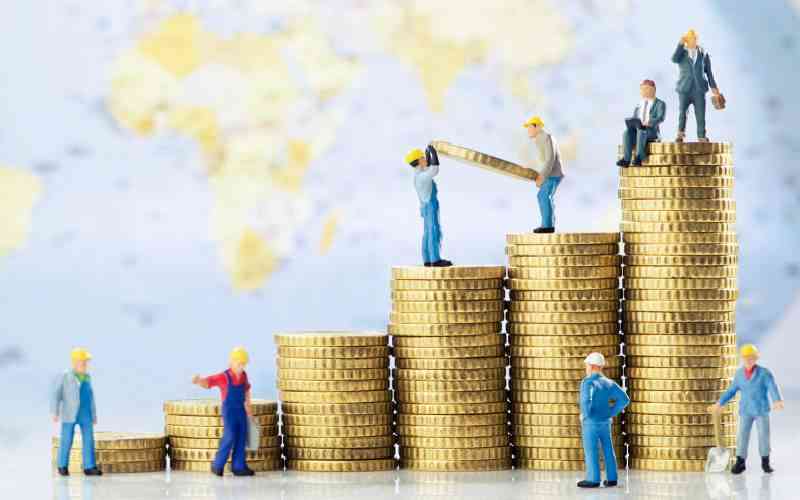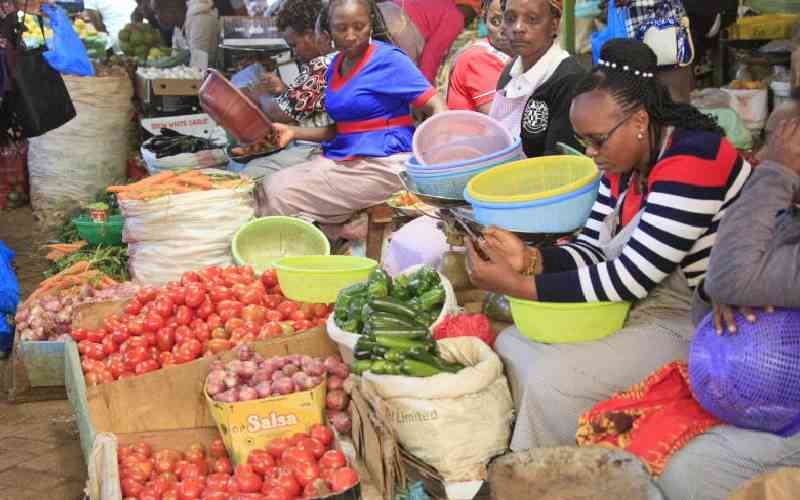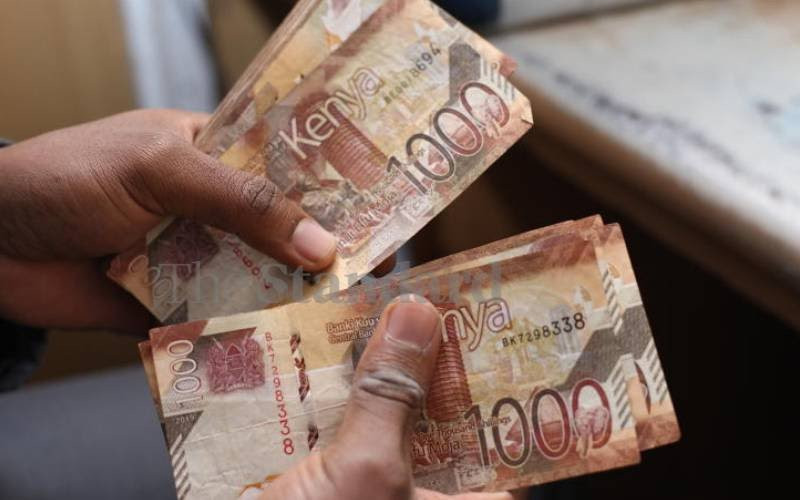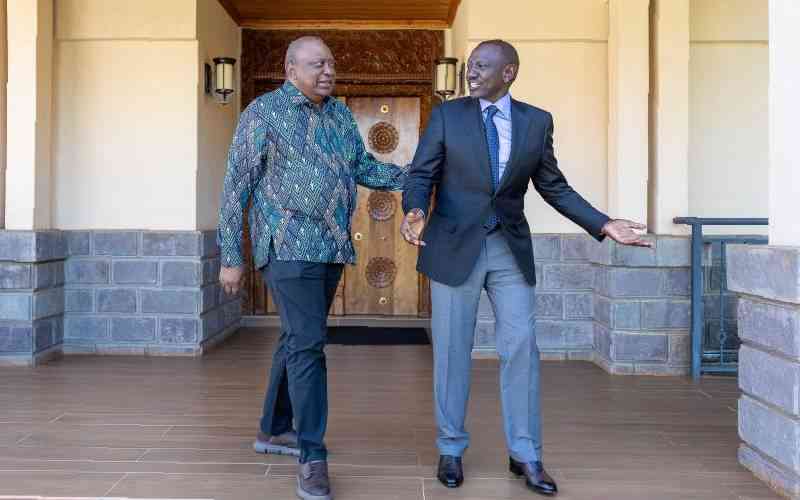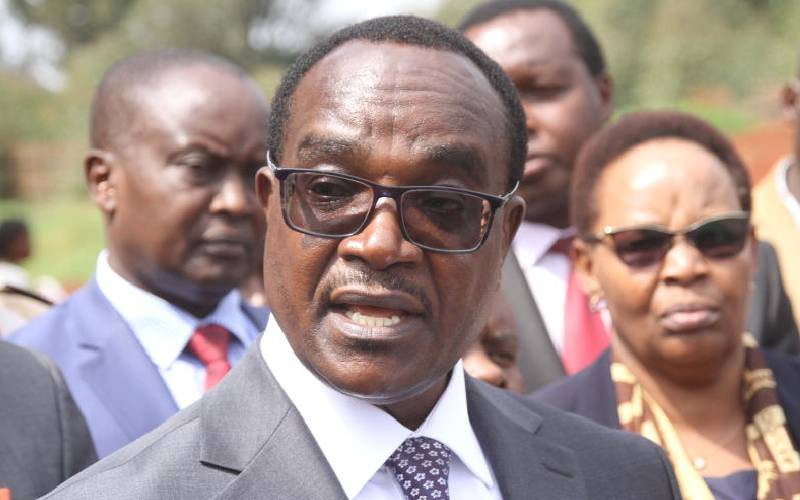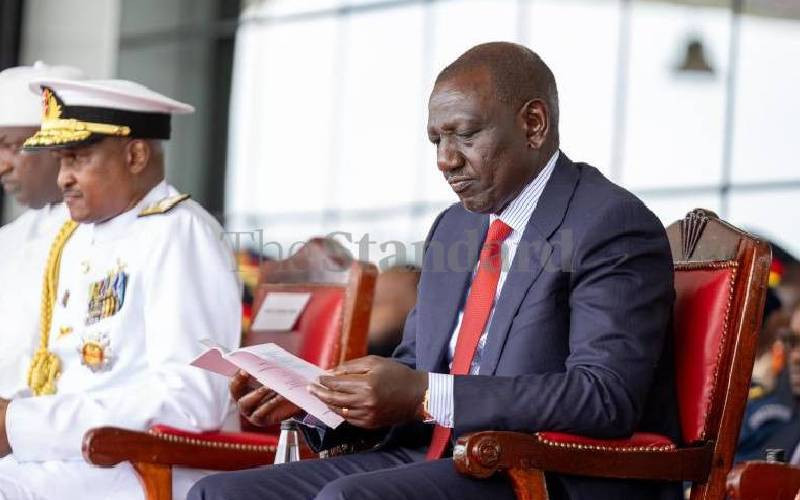Bretton Woods institution forecasts the economy to grow by 5.8pc, down from 6.1pc just days after global lender also predicted fall to 5.7pc.
The International Monetary Fund (IMF) has also downgraded Kenya’s growth prospects for this year as poor rains and reduced Government investment take a toll on the economy.
In the latest World Economic Outlook, the IMF projects the country’s economy to expand by 5.8 per cent this year, a downward revision from 6.1 per cent it had predicted in October last year.
This comes barely days after the World Bank revised the country’s Gross Domestic Product (GDP) growth forecast for 2019 from 5.8 per cent down to 5.7 per cent, citing expected underperformance in the agricultural sector due to poor rains.
The global lender noted that the delay in the onset of the long rains, which could affect harvests, as well as ongoing emergency intervention to address food shortages in several counties would put pressure on government spending.
“These developments have slowed growth forecast for 2019 and for the medium-term relative to our October 2018 update,” said the global lender.
This even as the Government remains bullish that the economy will post a stronger growth of 6.3 per cent this year aided by President Uhuru Kenyatta’s Big Four agenda of job creation through manufacturing, food security and nutrition, provision of affordable housing and universal healthcare.
“In 2019, we expect an even stronger growth of 6.3 per cent, reflecting continued improvement in the business environment, momentum associated with execution of the Big Four agenda and sustained macroeconomic stability,” said President Kenyatta in his State of the Nation address last week.
Investor sentiment
Last year, said the President, the economy grew by 6.1 per cent. He explained that the growth was largely driven by the wholesale and retail trade, real estate, information and communication and tourism.
Despite the challenges facing the wholesale and retail trade, the sector has attracted new international supermarket chains and continues to support the expansion of domestic players.
Increased consumer spending and stronger investor sentiment, said the World Bank, contributed to the rebound in GDP, coming after the 2017 general election cycle.
“The economy expanded by six per cent in the first three quarters of 2018 compared to 4.7 per cent during the same period in 2017 driven by strong private consumption in part due to improved income from agricultural harvests in 2018, remittance inflows and lower food prices,” said the World Bank.
However, growth was also hampered by a slowdown in public investment characterised by reduced development expenditure and weaker demand for credit by the private sector.
“In the financial year (FY) 2017/18, total government spending grew at 0.1 per cent compared to average annual growth of 17.1 per cent in the previous four years,” said the report.
Stay informed. Subscribe to our newsletter
President Kenyatta noted that Kenya’s economic growth averaged 5.6 per cent over the last five years, outperforming the average global growth.
 The Standard Group Plc is a
multi-media organization with investments in media platforms spanning newspaper
print operations, television, radio broadcasting, digital and online services. The
Standard Group is recognized as a leading multi-media house in Kenya with a key
influence in matters of national and international interest.
The Standard Group Plc is a
multi-media organization with investments in media platforms spanning newspaper
print operations, television, radio broadcasting, digital and online services. The
Standard Group is recognized as a leading multi-media house in Kenya with a key
influence in matters of national and international interest.
 The Standard Group Plc is a
multi-media organization with investments in media platforms spanning newspaper
print operations, television, radio broadcasting, digital and online services. The
Standard Group is recognized as a leading multi-media house in Kenya with a key
influence in matters of national and international interest.
The Standard Group Plc is a
multi-media organization with investments in media platforms spanning newspaper
print operations, television, radio broadcasting, digital and online services. The
Standard Group is recognized as a leading multi-media house in Kenya with a key
influence in matters of national and international interest.

